Federica Chiocchetti, the writer, curator, lecturer, and founding director of the photo-literary platform Photocaptionist picks out her top five of the year – including Giorgio Di Noto’s The Iceberg, published by Edition Patrick Frey
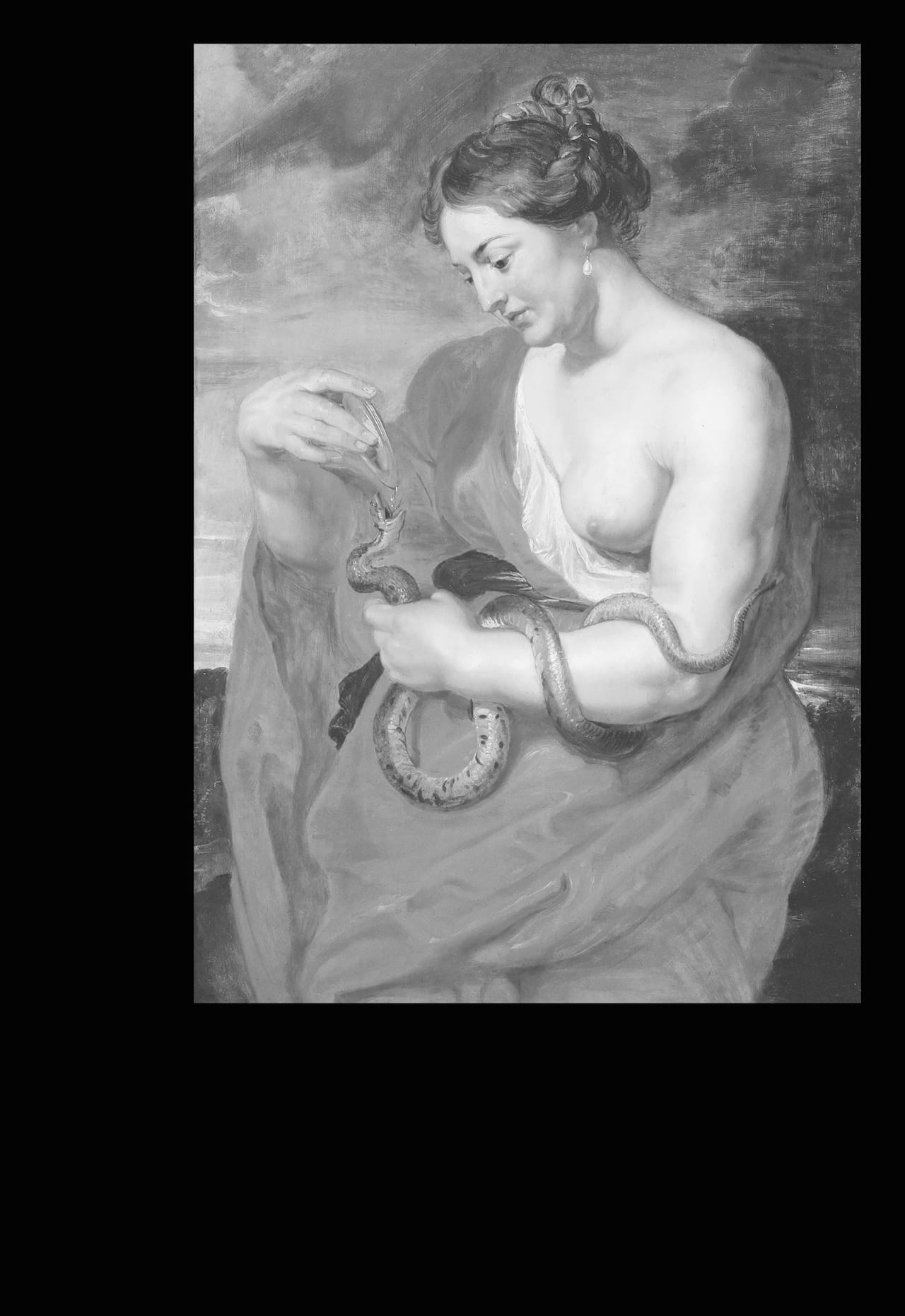

Federica Chiocchetti, the writer, curator, lecturer, and founding director of the photo-literary platform Photocaptionist picks out her top five of the year – including Giorgio Di Noto’s The Iceberg, published by Edition Patrick Frey
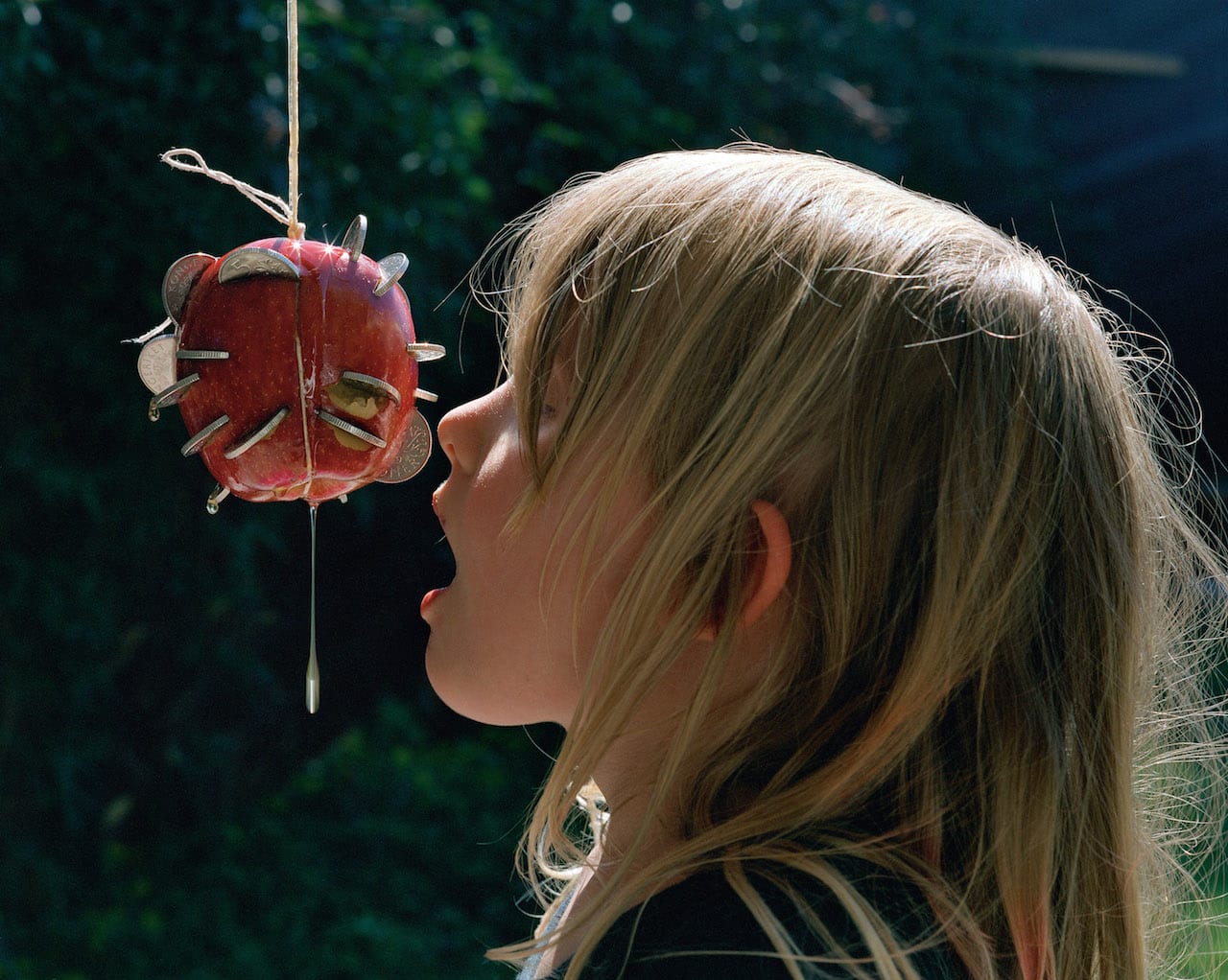
Lewis Chaplin and Sarah Piegay Espenon, founders of the publisher and design studio, pick out their top five of 2017 – including Torbjørn Rødland’s exhibition at Serpentine Sackler Gallery
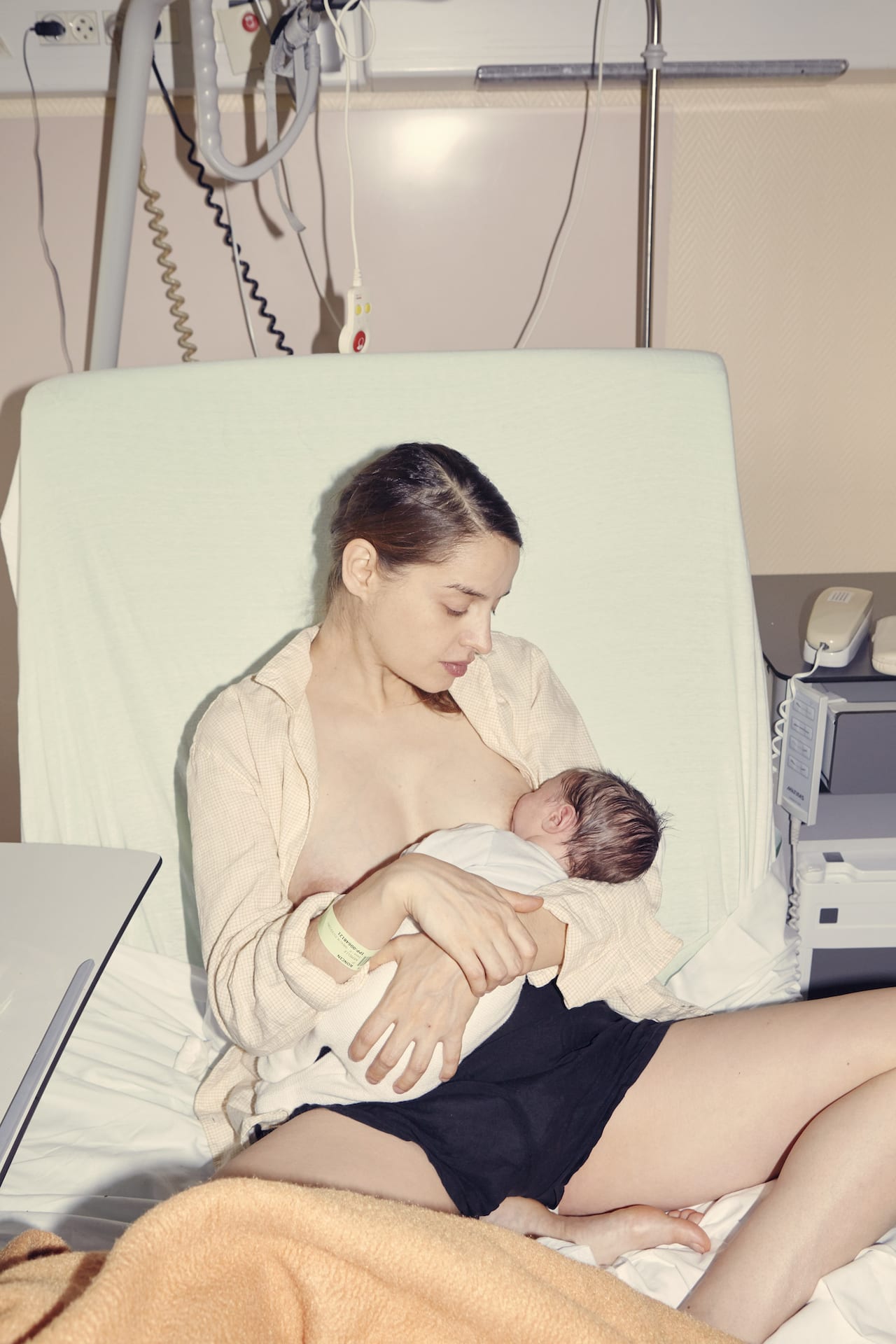
Patricia Karallis and Giada De Agostinis, founding editor and editor of the online photography magazine, pick out their top five of the year – including Vincent Ferrané’s book Milky Way
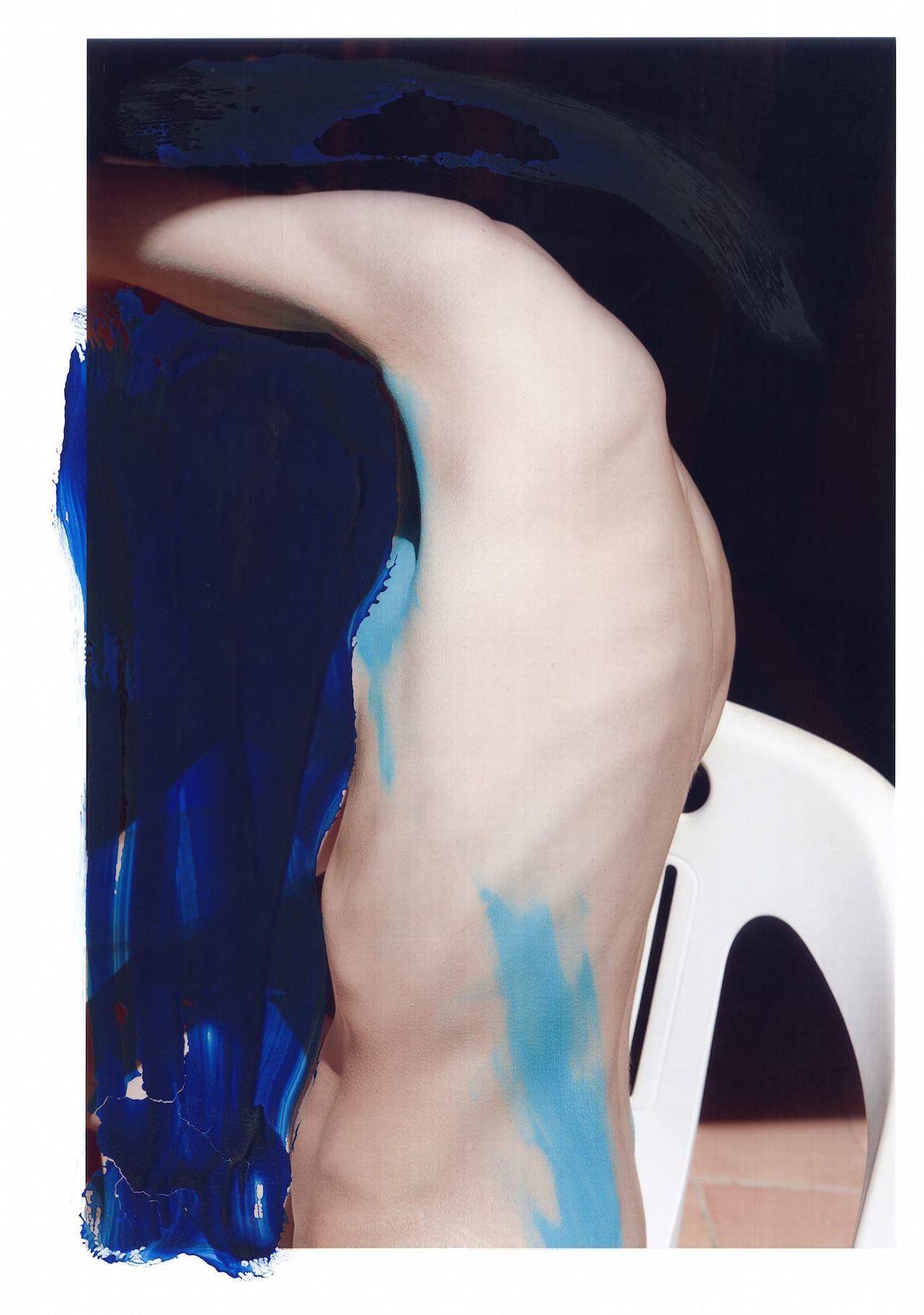
The founder and director of the African Artists’ Foundation and curator of this year’s Lagos Photo picks out his top books, exhibitions and Instagram feeds of 2017
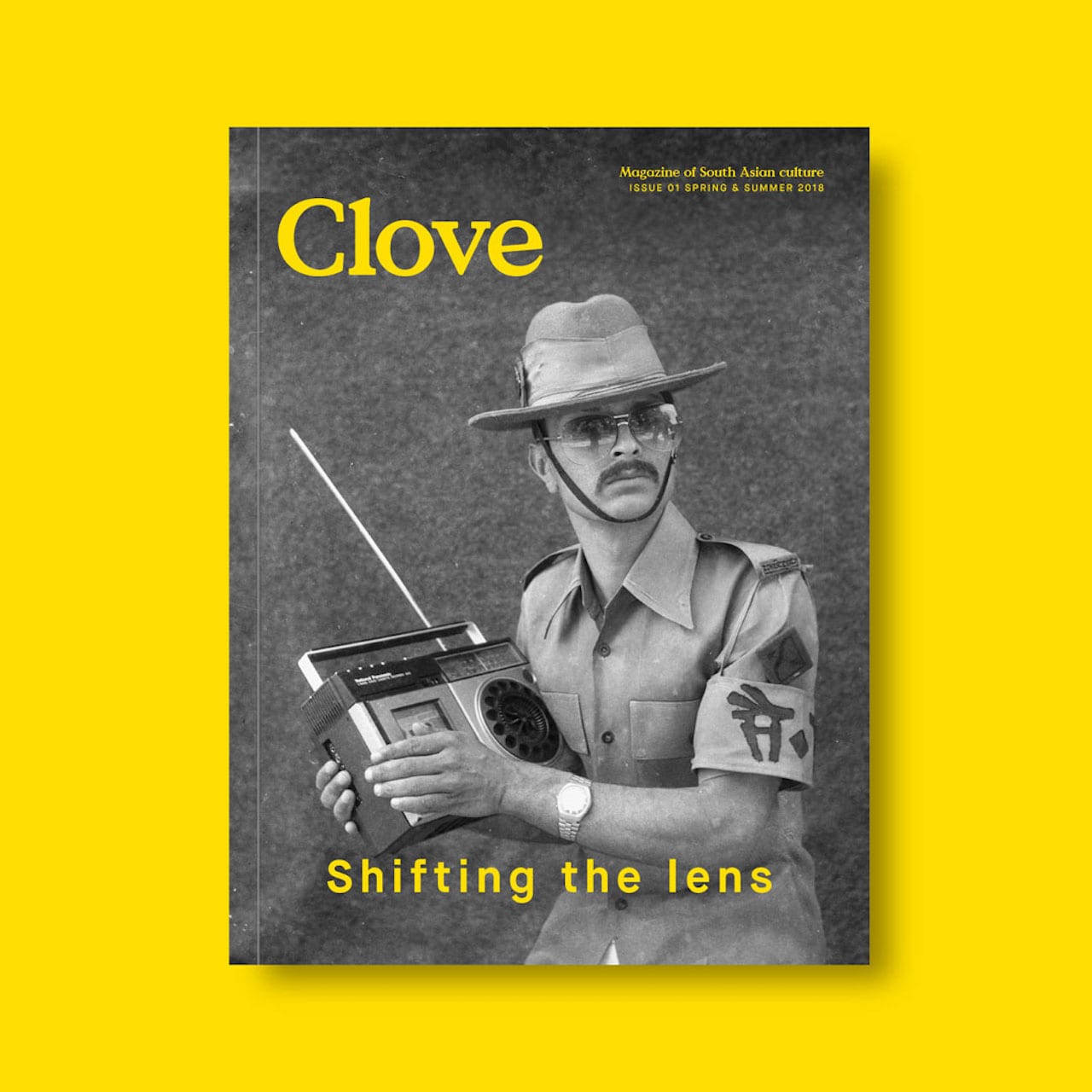
Launched on 11 December, a brand new biannual, Clove, has a refreshing take on art and culture. Founded by London-based, British-Indian journalist Debika Ray, the magazine focuses on creative work from South Asia and its global diaspora. “My impression was always that, in Western media, there was a narrow frame of reference when it came to covering parts of the world beyond North America and Europe,” says Ray, who until recently was senior editor at the architecture and design magazine Icon. “Stories from South Asia or the Middle East are often handled in a distant way, focusing on problems or crises and how people battle against odds to overcome things. I wanted to tell stories from those parts of the world in a way that were instead built on their own merit.”
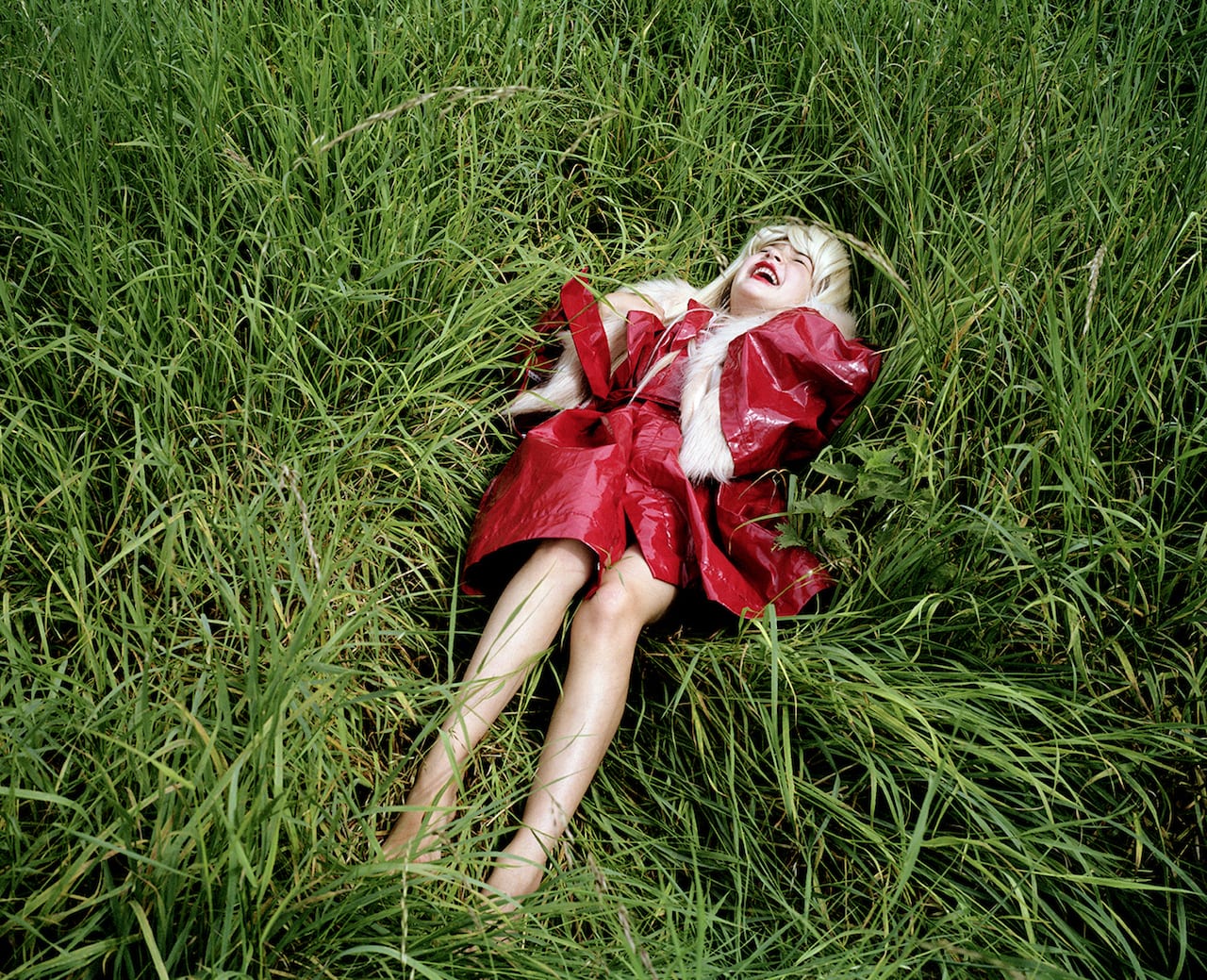
Inspired by personal identity, the natural world, and the fear of dying, the three young artists in this year’s Jerwood/Photoworks Awards exhibition are presenting very different work. Picked out as winners in January 2017, all three have received a year of mentoring on their work from industry specialists such as photographer Mitch Epstein, publisher Michael Mack, and gallerist Maureen Paley. They each also received a bursary of £5000 and access to a production fund of another £5000, to make new work which goes on show in London’s Jerwood Space from 17 January-11 March then tours to Bradford and Belfast.
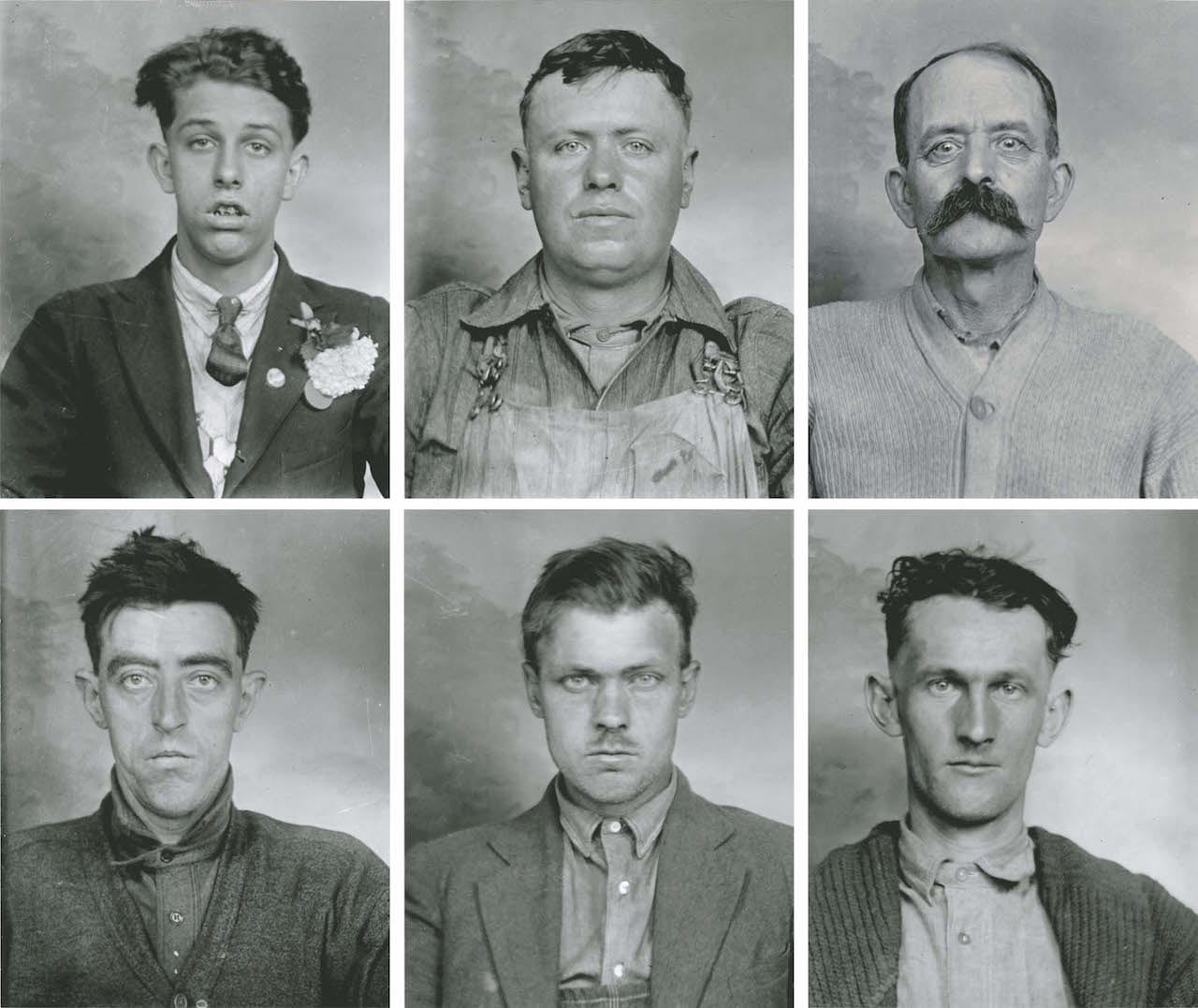
The Walther Collection has kicked off an 18-month exploration of vernacular photography with a show titled The Shadow Archive: An Investigation into Vernacular Portrait Photography. Taken from the 1850s to the present day, the collected portraits depict groups such as ‘migrant laborers’, ‘inmates of an asylum’, ‘criminal photographs’, and ‘G&G Precision Works Photographic Identity Badges’, and, says the organisers, show how “identification photographs have been used to sort, shape, segregate, and select subjects based on occupation, social group, body type, or political affiliation”. The title references a phrase used by writer and photographer Allan Sekula to reference “the entire social field of human representations, comprising both heroes and deviants, within which every portrait takes its place as part of a moral hierarchy”.
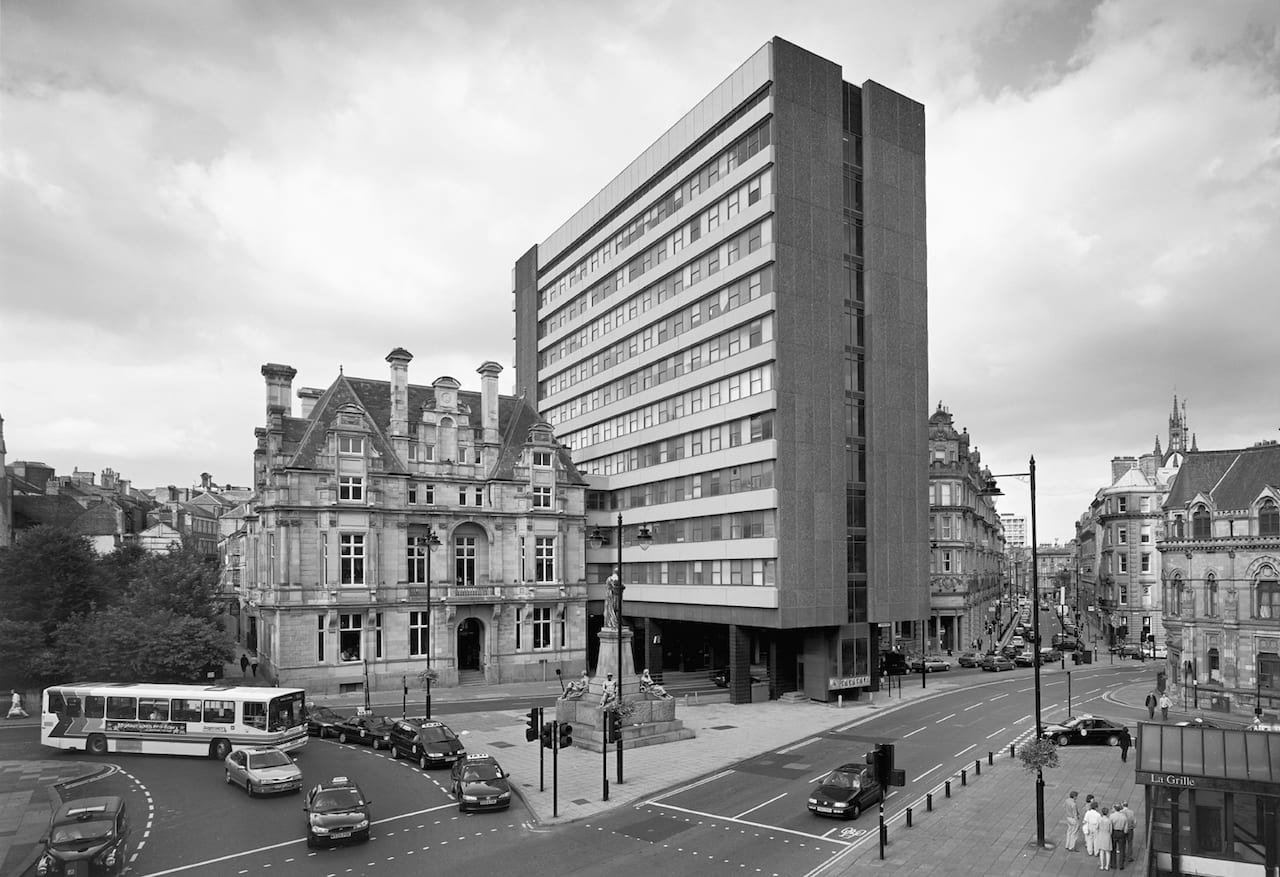
“The British Landscape…is a long-term ongoing project about the enormous changes that have taken place in the UK – the world’s first industrial society and the first to de-industrialise,” says John Davies. “Much of Britain’s infrastructure and the rapid expansion of industrial cities were created through the unprecedented growth of the Industrial Revolution. By the early 1980s, when I started this project, many of these large-scale industries and industrial communities were in terminal decline.”

The London Art Fair is back, with its Photography Focus Day on 19 January and the Photo50 group show curated by a collective the first time – the Hemera Collective curatorial group, which currently includes Jaime Marie Davis, Ashley Lumb, Helen Trompeteler and Kay Watson. The Hemera Collective has put together a show called Resolution is not the point. which gathers photography and lens-based media artists from nine countries, including Larry Achiampong, David Birkin, Qiana Mestrich, and James Tylor & Laura Wills. The exhibition also includes work by several collectives, one of its points of enquiry is the way in which photography is encouraging artists to collaborate as it evolves, “as they push conceptual and technical boundaries of image-making, reaching beyond their own specialisms and drawing on the circulation of images, knowledge, and resources”.
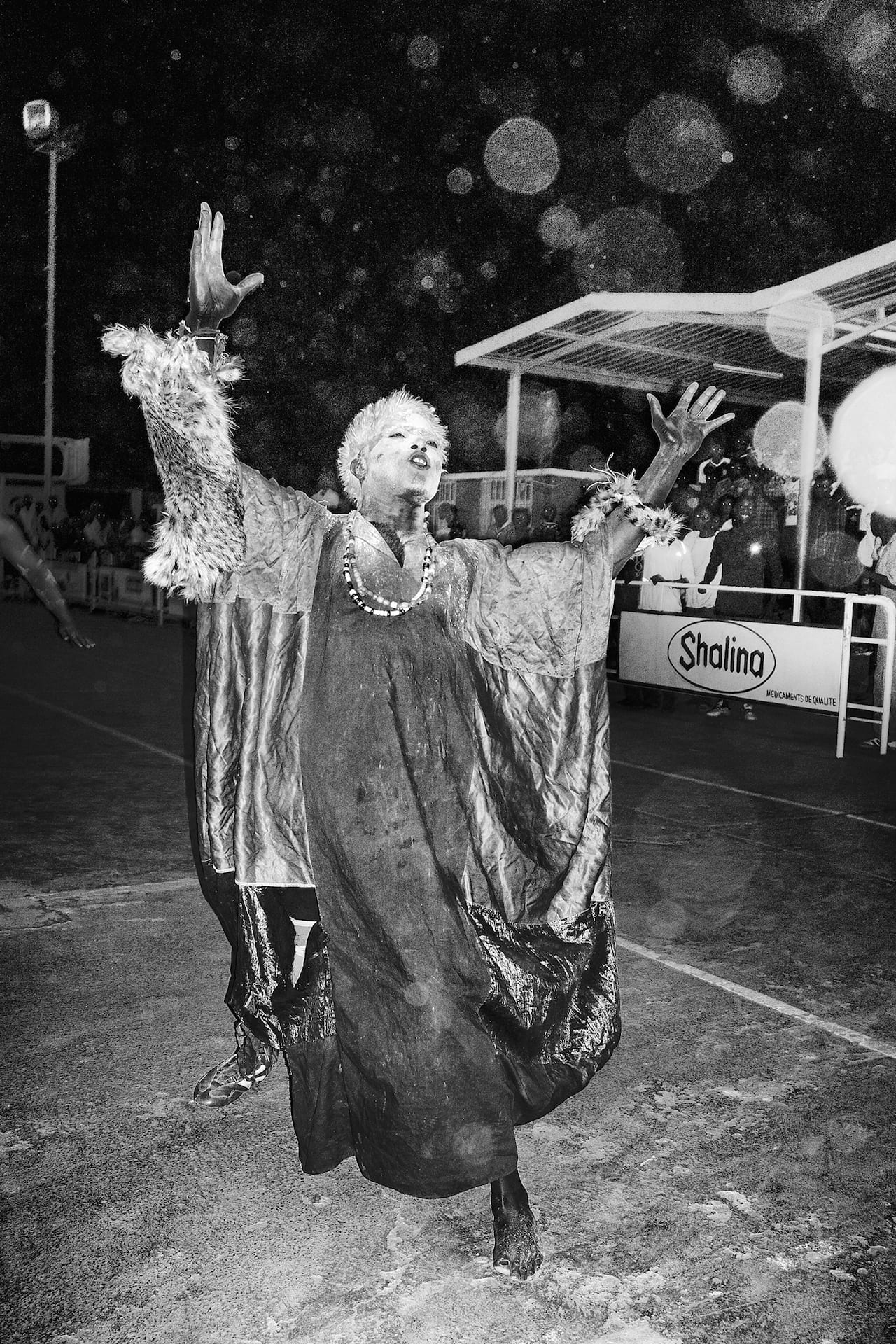
Pongo has won the prize for his ongoing series The Uncanny, which is shot in The Congo. Born in Belgium in 1988 to a Belgian mother and a Congolese father, Pongo started the project as an attempt to reconnect with his Congolese heritage. He first visited the country in 2011, staying with his Congolese family – most of whom he had never met before – and arriving as the DRC held its second ever democratic elections, for both Presidential and Legislative positions. “I am conscious that photographing in the Congo, as a photographer educated in Europe, reveals my own limitations (in accessing and understanding the environment), bias, and stereotypes,” he says. “However, by turning to a more personal story and documenting my confrontation with my family, the country, and by relying on friends and siblings to introduce me to their visions of this environment, I hope to be able to overcome some of these limitations.